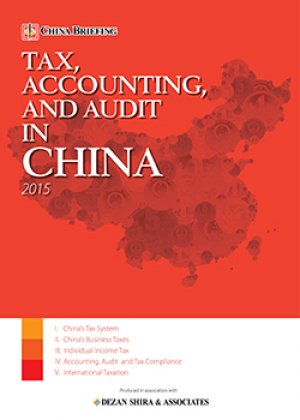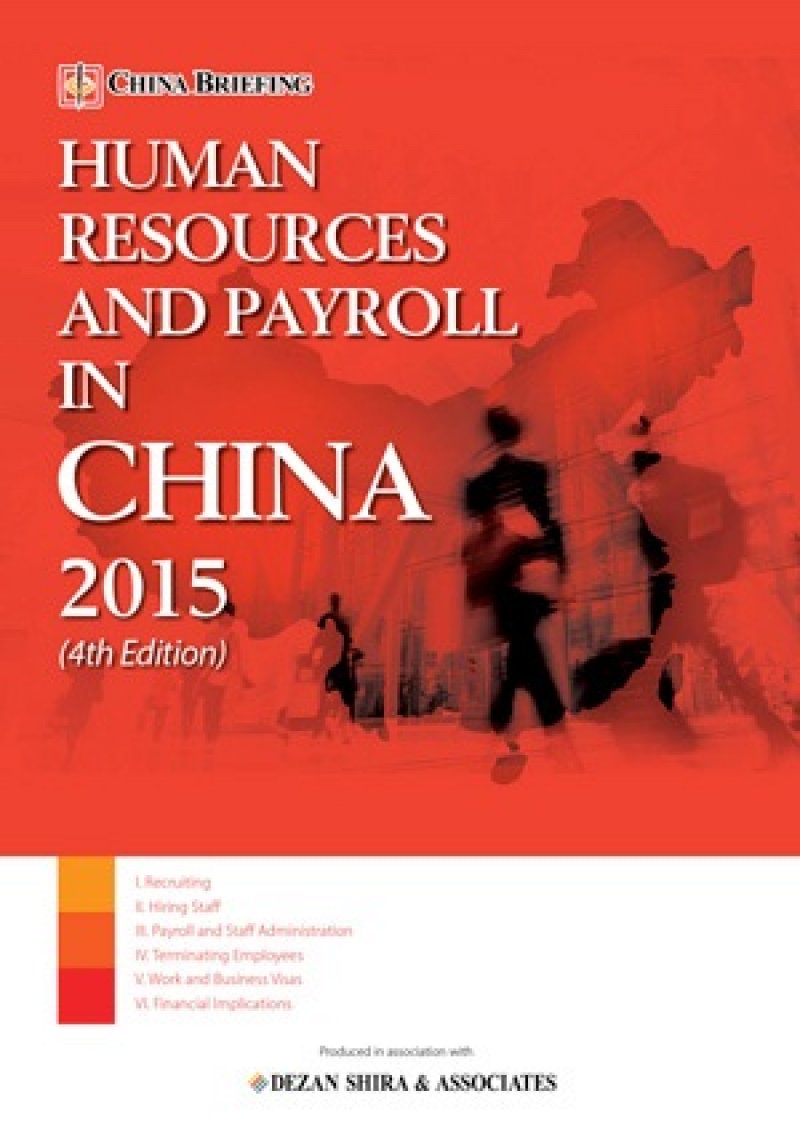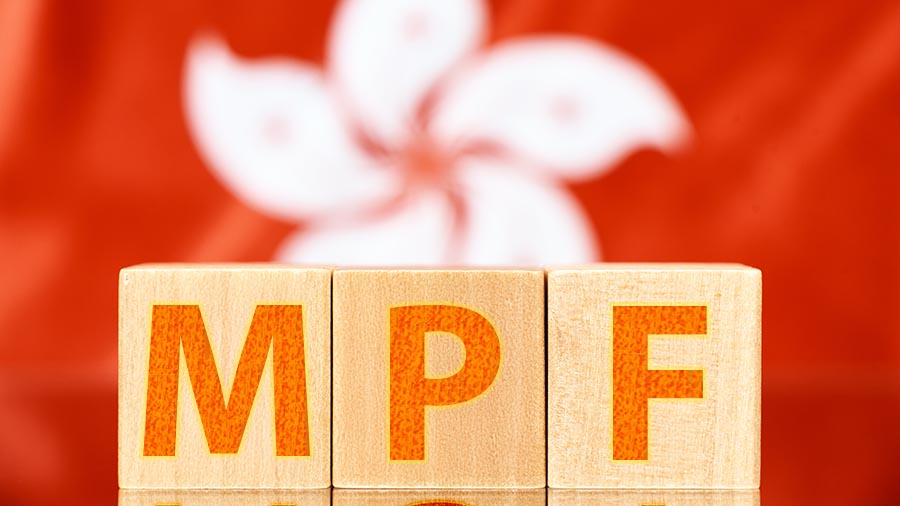Market Entry Strategies for Private K-12 School Service Providers in China
China’s education industry has experienced significant growth in recent years. This is due in part to increasing affluence and a relaxation of the country’s previous rules on the “one-child policy”. Spending on education has been growing faster than the Chinese economy: in 2014, the government’s spending on education totaled RMB 3.28 trillion (around US$512.6 billion) – up 8.04 percent compared to the previous year and accounting for 4.15 percent of the national GDP.
Chinese households now spend 30 percent of their income on education – higher than both Korea (22 percent) and Japan (10 percent). This year, the previous restrictions put on foreign-invested private schools have been largely lifted, though foreign investors are still prohibited to directly engage in certain sensitive fields such as compulsory education, military and China Communist Party schools.
One of the fastest growing education market segments in the country is K-12 (kindergarten through 12th grade). In China, private education institutes account for 31 percent of the country’s total education sector, with preschool institutes accounting for close to 90 percent of private education. Moreover, the amount of international schools registered in mainland China has soared in the past 12 years from 22 to 597, making China the largest country in the world for number of international schools. A rising number of wealthy Chinese parents are willing to spend a fortune on the Western-style curriculum and a better English learning environment offered in an international school.
 RELATED: Pre-Investment and Entry Strategy Advisory from Dezan Shira
RELATED: Pre-Investment and Entry Strategy Advisory from Dezan Shira
China’s Education System and Entry Barriers for Foreign Investors
China’s Ministry of Education is authorized to issue laws and policies regarding setting up a private school in China. China’s school education includes pre-school, primary school, middle school, high school, university and college, as well as graduate school education.
- Pre-school education/Kindergarten: for children aged three to five years old
By 2015, a total number of 139, 300 private kindergartens had been established in China. Foreign investors are allowed to invest in joint-venture pre-schools led by a Chinese party, meaning that the headmaster or the chief administrator in a foreign-invested education institution must be a Chinese national. Moreover, the Chinese party must account for half of the members in the board of directors or the joint management committee.
- Primary School and Middle School: from first grade to ninth grade
Primary and middle schools are usually run by local educational authorities with free tuition, although there are some private schools owned by enterprises and individuals. In 1986, the Chinese government officially implemented the “nine-year compulsory education” policy, which requires all Chinese children to receive nine-year basic education in primary school and middle school. Although foreign investors are not allowed to set up wholly foreign-owned primary or middle schools to enroll Chinese nationals, they may enter the market by cooperating with a Chinese private school or establishing an international school, which will be discussed later in this article.
- High School: from 10th grade to 12th grade
As with the restrictions on the pre-school education market, foreigners investing in this section need to start up as a joint venture and the school must be led by a Chinese party.
Not for-profit private schools enjoy the same tax exemption polices that apply to public schools. Notably, foreign students can only apply to international schools approved by the Ministry of Education.
Options/Entry Strategies for Foreign Investors
Based on the Guidance Catalogue for Foreign Investment, foreign investors are prohibited to set up police schools, military aviation schools and political party schools. Despite the restrictions imposed on foreign-invested private schools, there are three viable options for investors looking to enter China’s K12 education market.
Foreign-invested Kindergartens and High Schools
As mentioned before, foreign investment is allowed in the private pre-school and high school education market, given that the school is led by a Chinese party.
Joint-Venture International Schools
Though not allowed to be directly engaged in China’s compulsory education system, foreigners may, however, cooperate with a private Chinese school and enroll Chinese students. As stipulated by the law, the school must meet the government’s rigid requirements for the campus area and facilities. They must follow China’s compulsory education rules in designing curriculums for primary and secondary students, which can be relatively flexible when designing high school curriculums.
Maple Leaf Educational Systems (MLES), established in China’s northeastern port city Dalian in 1995, is the first and largest Canadian offshore school in China. With a curriculum endorsed by the British Columbia Ministry of Education, MLES today operates 46 schools from pre-school to high school in 11 cities throughout China, serving over 17,700 students.
Wholly Foreign-owned International Schools for Expatriate Children
In 1995, China promulgated the “Regulations on International Schools for Expatriate Children (JIAO ZONG [1995] No.130),” which stipulates that foreign companies, institutions, branches of international organizations legally established in China, as well as foreign individuals residing in China, may apply to the education bureau for the establishment of an international school. However, these schools are limited to foreign passport-holders, and investors may not set up branches. They are also required to submit the name list of their teaching staff and enrolled students to the Ministry of Education each year.
Concluding Thoughts
Satoko Okamoto, Director at Emerging Strategy, comments: “China’s education sector can appear opaque and unsuitable for foreign investment. The country’s government attaches importance to keeping education free from privatization, which has resulted in parts of the sector being either restricted or outright prohibited from foreign participation. However, with an informed entry strategy and a thorough due diligence conducted beforehand, foreign enterprises can access certain parts of China’s hugely profitable K12 market and quickly see a massive ROI. With Chinese households currently spending more on education than ever before, now is an opportune time to consider investment.”
|
Asia Briefing Ltd. is a subsidiary of Dezan Shira & Associates. Dezan Shira is a specialist foreign direct investment practice, providing corporate establishment, business advisory, tax advisory and compliance, accounting, payroll, due diligence and financial review services to multinationals investing in China, Hong Kong, India, Vietnam, Singapore and the rest of ASEAN. For further information, please email china@dezshira.com or visit www.dezshira.com. Stay up to date with the latest business and investment trends in Asia by subscribing to our complimentary update service featuring news, commentary and regulatory insight. |
|
About Emerging Strategy Emerging Strategy is the leading provider of customized market intelligence in the education industry. Their work in this industry focuses on bringing cutting-edge content, technologies, language learning, skill training and assessments in front of institutional and retail customers. For more information on Emerging Strategy and their services, please contact info@emerging-strategy.com. |
![]()
 Tax, Accounting, and Audit in China 2015
Tax, Accounting, and Audit in China 2015
This edition of Tax, Accounting, and Audit in China, updated for 2015, offers a comprehensive overview of the major taxes foreign investors are likely to encounter when establishing or operating a business in China, as well as other tax-relevant obligations. This concise, detailed, yet pragmatic guide is ideal for CFOs, compliance officers and heads of accounting who must navigate the complex tax and accounting landscape in China in order to effectively manage and strategically plan their China operations.
 Human Resources and Payroll in China 2015
Human Resources and Payroll in China 2015
This edition of Human Resources and Payroll in China, updated for 2015, provides a firm understanding of China’s laws and regulations related to human resources and payroll management – essential information for foreign investors looking to establish or already running a foreign-invested entity in China, local managers, and HR professionals needing to explain complex points of China’s labor policies.
 Employing Foreign Nationals in China
Employing Foreign Nationals in China
In this issue of China Briefing, we have set out to produce a guide to employing foreign nationals in China, from the initial step of applying for work visas, to more advanced subjects such as determining IIT liability and optimizing employee income packages for tax efficiency. Lastly, recognizing that few foreigners immigrate to China on a permanent basis, we provide an overview of methods for remitting RMB abroad.
- Previous Article China’s Commercial Healthcare Insurance Industry on the Fast-track
- Next Article Outlook on Light Manufacturing in China: January 2016




























